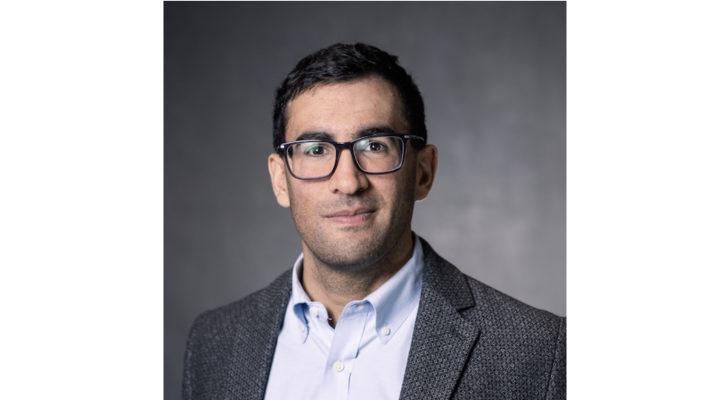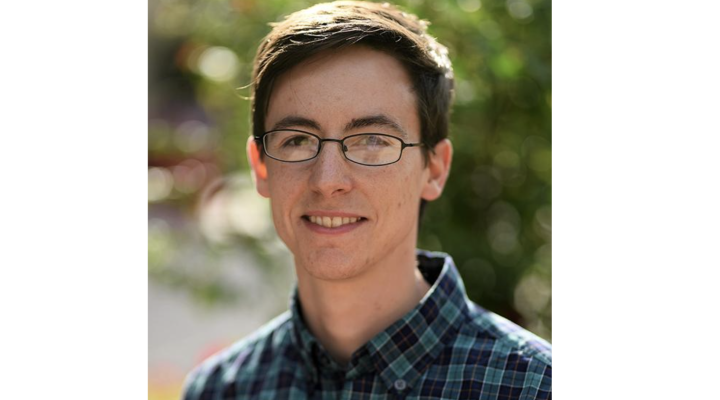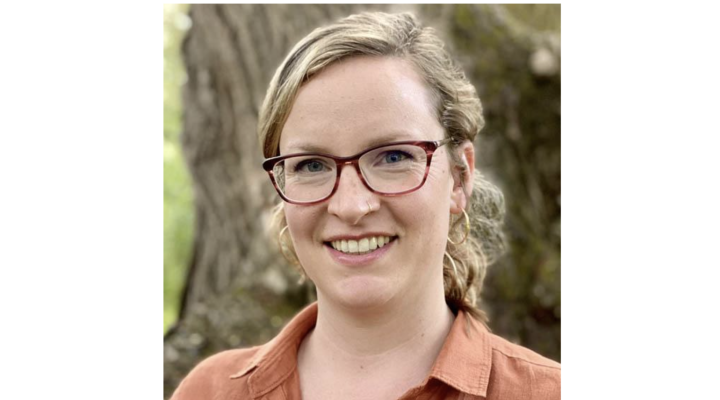While Rene Kizilcec was earning his undergraduate degree in philosophy and economics from University College London (UCL) he made a living creating websites for e-commerce customers. “The more sites I created,” says Kizilcec, “the more I became interested in how the user experience design of a website affected its usage. I caught myself wondering about what was making people interact with the site the way they were.”
Skip ahead nine years to July 2018 and Kizilcec has joined the faculty of the Information Science Department at Cornell, where he is a computational social scientist of education and an assistant professor. Broadly, Kizilcec works in the field of Online Education and Human-Computer Interactions (HCI). Specifically, he investigates social and cultural psychological factors in interactive technologies, especially in the context of online learning environments.
“The popularization of MOOCs (Massive Open Online Courses) came with questions about why learners were enrolling,” says Kizilcec, “and also why some of them were dropping out despite their best efforts.” As a graduate student at Stanford University, (where he received a Masters in Statistics and a Ph.D. in Communication,) Kizilcec worked with Stanford psychology professor Geoffrey Cohen to explore psychological interventions to reduce achievement gaps between students in more versus less developed countries.
“Online learning enables large-scale experimental research on how to improve teaching and learning in the real world,” says Kizilcec. “We can experiment with changes to the course and get results at a large scale. With scale comes diversity, and thus an opportunity to study socio-cultural differences outside of the lab.”
In addition to his research, Kizilcec also enjoys teaching very much. “During my first summer of college at UCL I came to the United States and worked at a summer camp in Arlington, Virginia. I taught programing, web design, and tennis,” says Kizilcec with a smile. “I returned two more summers and eventually directed the technology program at the camp. I got to see how technology can be used for teaching and I learned that I really love being in the classroom and sharing what I know.”
“Cornell impressed me tremendously as I was looking for a faculty position,” says Kizilcec. “Our Information Science Department comprises a diverse group of scholars with expertise in a variety of domains. I was also very impressed with the students I met during my initial visit.” Kizilcec cites another important reason he decided to join the faculty at Cornell: “Given the strengths of the people already here and President Pollack’s record of advancing the field in her previous role at Michigan, Cornell is well-positioned to become a leader in research and practice on digital learning.”





